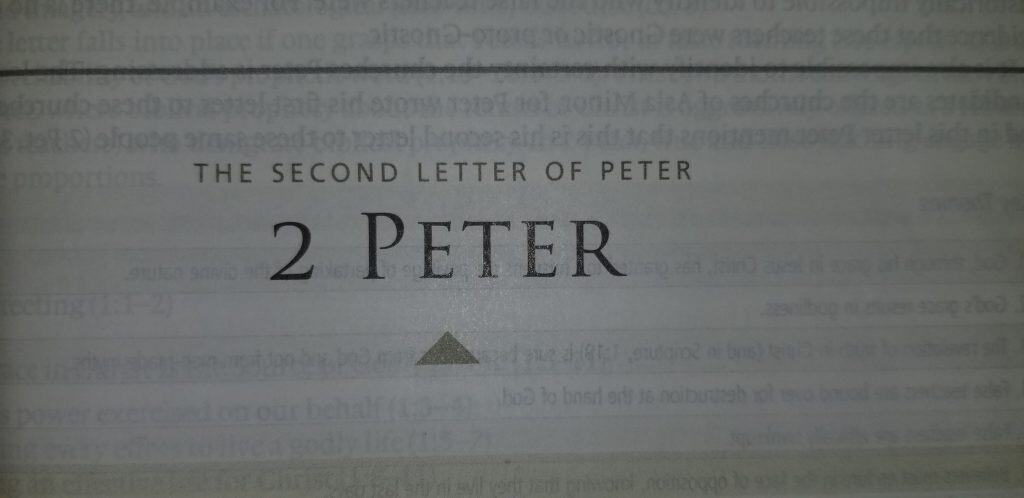⏱️ Estimated Reading Time: 4 min read
2 Peter 3:9-10, “9 The Lord is not slow to fulfill his promise as some count slowness, but is patient toward you, not wishing that any should perish, but that all should reach repentance. 10 But the day of the Lord will come like a thief, and then the heavens will pass away with a roar, and the heavenly bodies will be burned up and dissolved, and the earth and the works that are done on it will be exposed.”
“Patience is a form of action.” – Auguste Rodin.
Though at times it may not appear to be true, there is a great and glorious difference between apathy and patience. But, when sorrows like sea billows roll, we are quicker to see a similarity. We cry with the faithful prophets, “How long, O Lord?” Waiting. Pleading. Praying that the King of Kings is not apathetic towards my doubt, my pain, or the iniquities in and around me. How long, O Lord? How long until you bring your people home? How long until you rescue me from this pain? How long until you vindicate your righteousness amongst the ungodly? These questions guide readers precisely where the apostle Peter takes them next in 2 Peter.
2 Peter 3 begins in the last days where there will be scoffers who “will say, ‘Where is the promise of his coming?’” (2 Peter 3:4). In 2 Peter 3:9, Peter thunders with a powerful explanation on God’s “apparent silence”: “The Lord is not slow to fulfill his promise as some count slowness, but is patient toward you, not wishing that any should perish, but that all should reach repentance.” Do you see the immediate charge to correct us who are of little faith? The Lord is not slow. He is not sluggish; the word literally means not to be late or to tarry. He’s not slow, or late, or dilly-dallying. His promises come to pass in glad fruition according to the counsel of his will (Ephesians 1:11). But with creaturely timing, we see this as God’s slacking, and in our futility instead of waiting for the blessed promise of God’s grace, we tend towards worshipping what is created than the Creator.
But thanks be to God. The Lord is “patient toward you, not wishing that any should perish, but that all should reach repentance.” You see, apathy is dangerous (Hebrews 2:1-3); it is indifference and neglect, but patience is calculated action. “But when the fullness of time had come, God sent forth his Son,” writes the apostle Paul in Galatians 4:4. At the fullness of time, when God brings all his counsel to pass, he acts as he so pleases and has planned. Your trust is not in a sluggish God.
The Church of King Jesus is under the sovereign, patient hand of his care not wishing that any of his bride shall perish but that all of them should reach repentance. It is after all the kindness of God’s patience that leads sinners to repentance (Romans 2:4). The Lord will act. Therefore, we must repent and believe. Though it may find its maturity before your eyes or before the throne, his promises are true: God will save his bride, he will himself restore you, he will bring you to himself, his righteousness will consume the ungodly, and his faithfulness will be shown to be worthy of praise forever and ever.
Peter also tells readers that “the day of the Lord will come like a thief…and the earth and the works that are done on it will be exposed” (2 Peter 3:10). Every sin done in darkness will be consumed by the blazing Sun of Righteousness. “What if God, desiring to show his wrath and to make known his power, has endured with much patience vessels of wrath prepared for destruction, in order to make known the riches of his glory for vessels of mercy, which he has prepared beforehand for glory,” (Romans 9:22-23). God’s patience is his sovereign freedom to demonstrate the fullness of his character. Who but the Lord could rescue the wickedness of Nineveh with a coward like Jonah? What patience displayed! Count his patience as a desire to save many, many sinners like you (2 Peter 3:15).
Who but the Lord, were not for his patience, could rescue a wretch like me? As it stands in Scripture, “But I received mercy for this reason, that in me, as the foremost, Jesus Christ might display his perfect patience as an example to those who were to believe in him for eternal life.” (1 Timothy 1:16)



